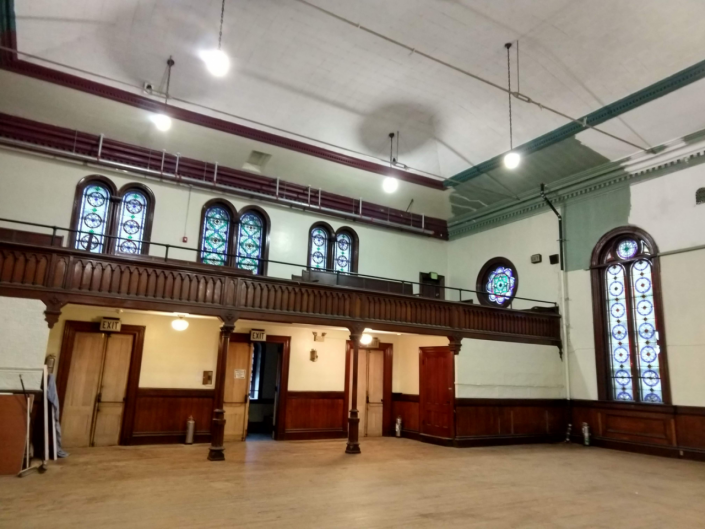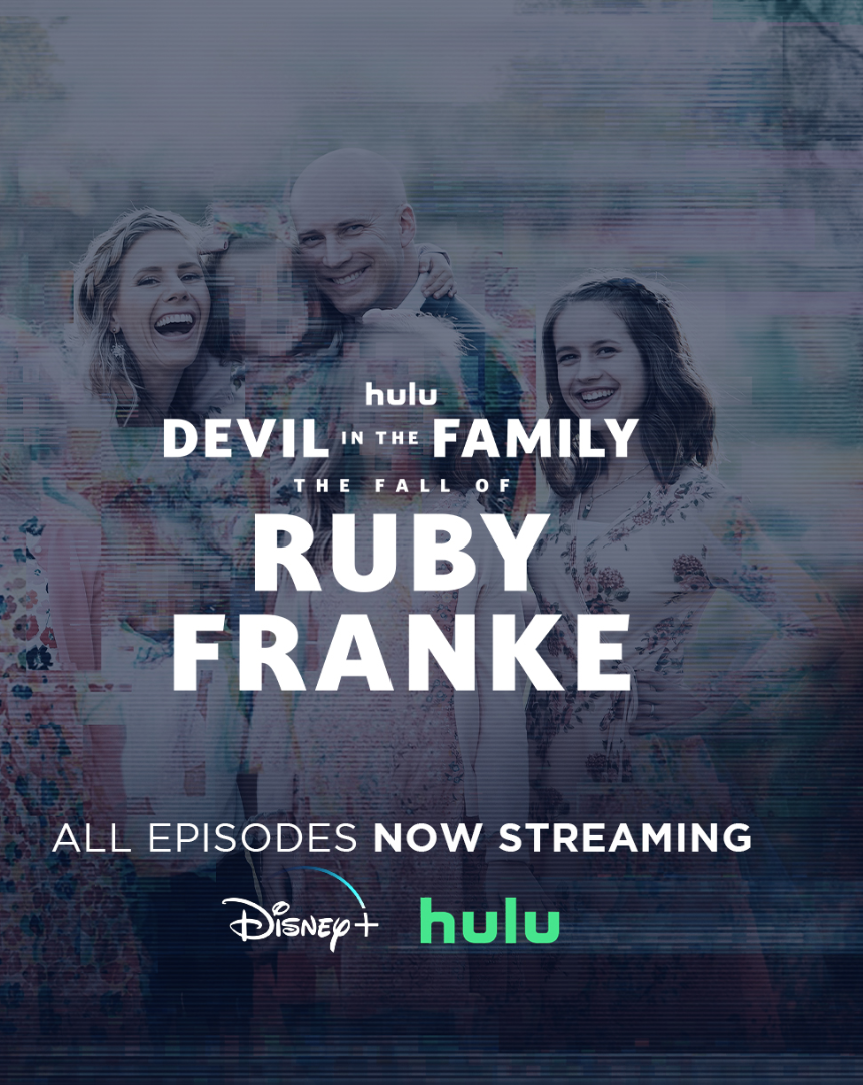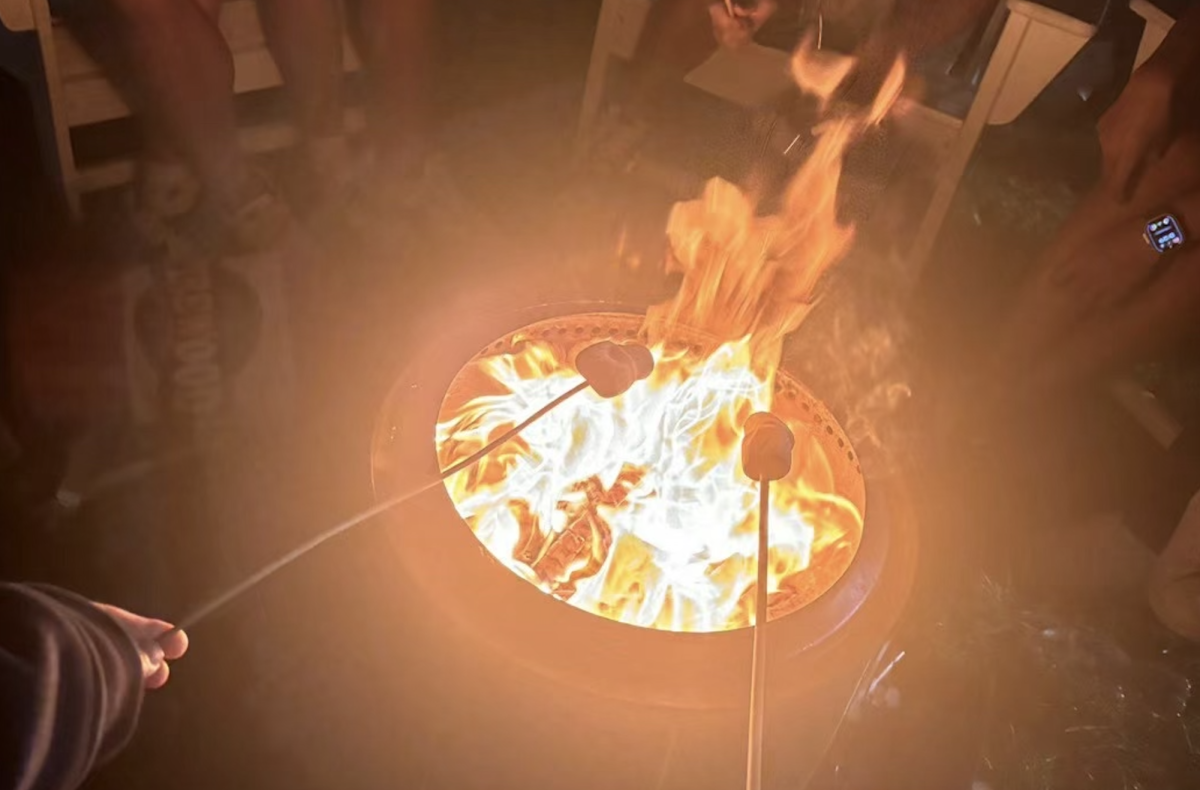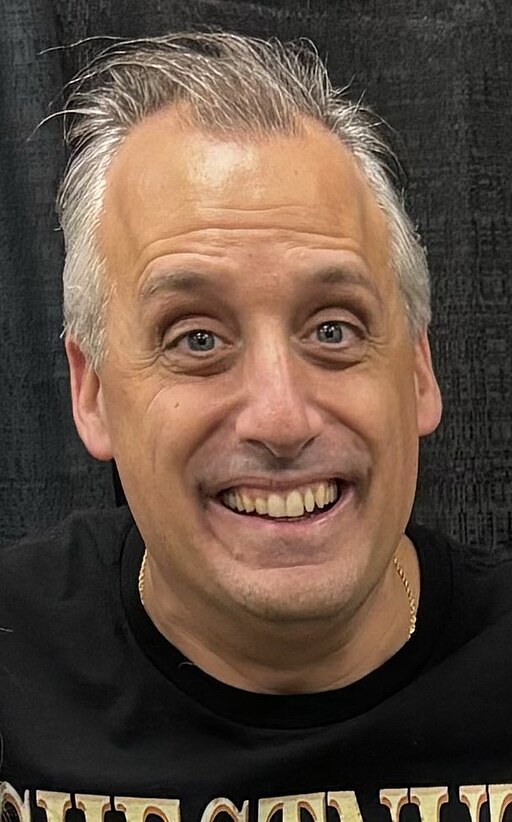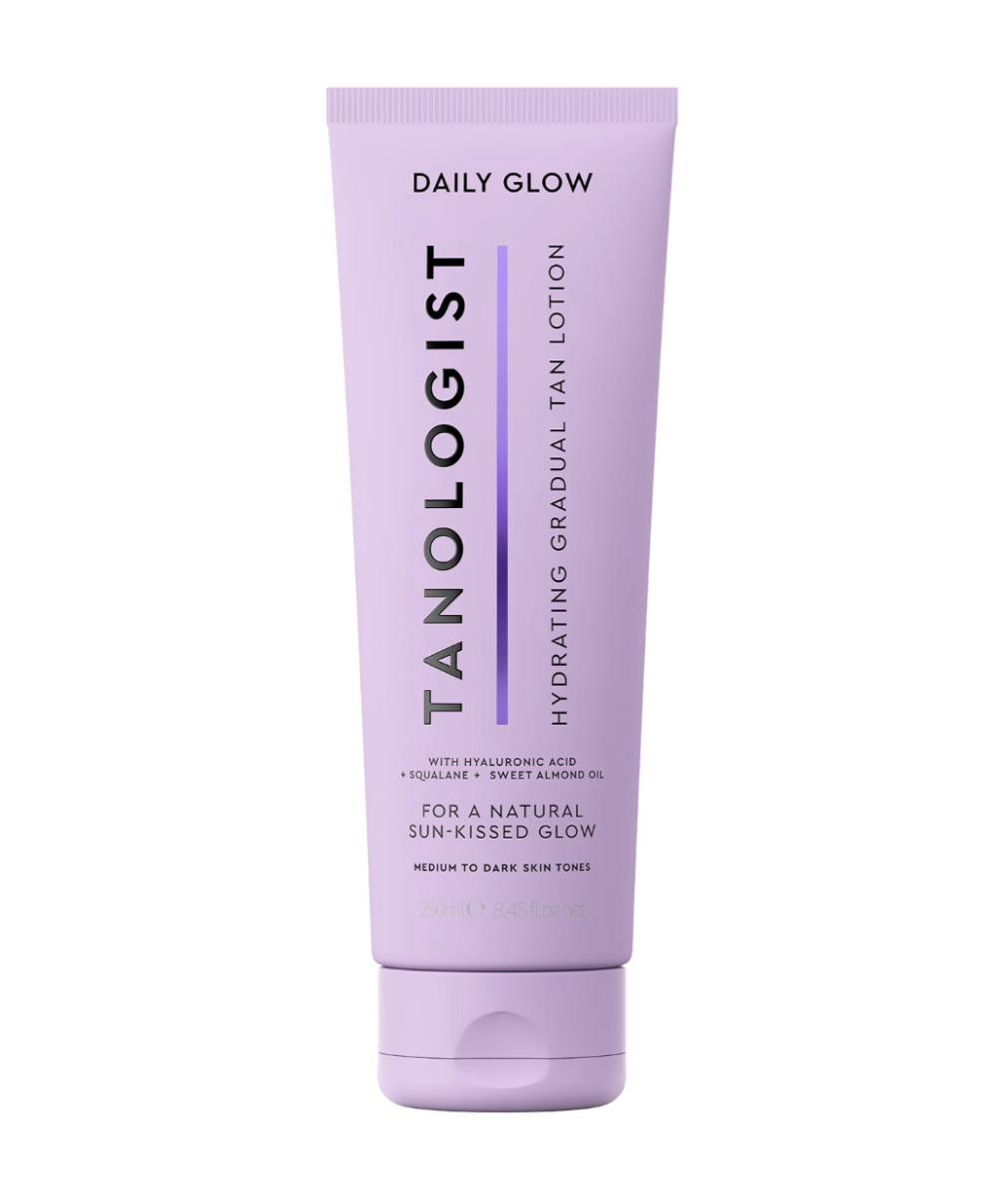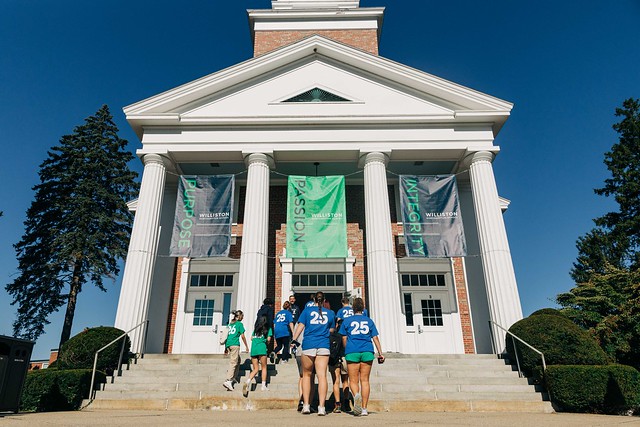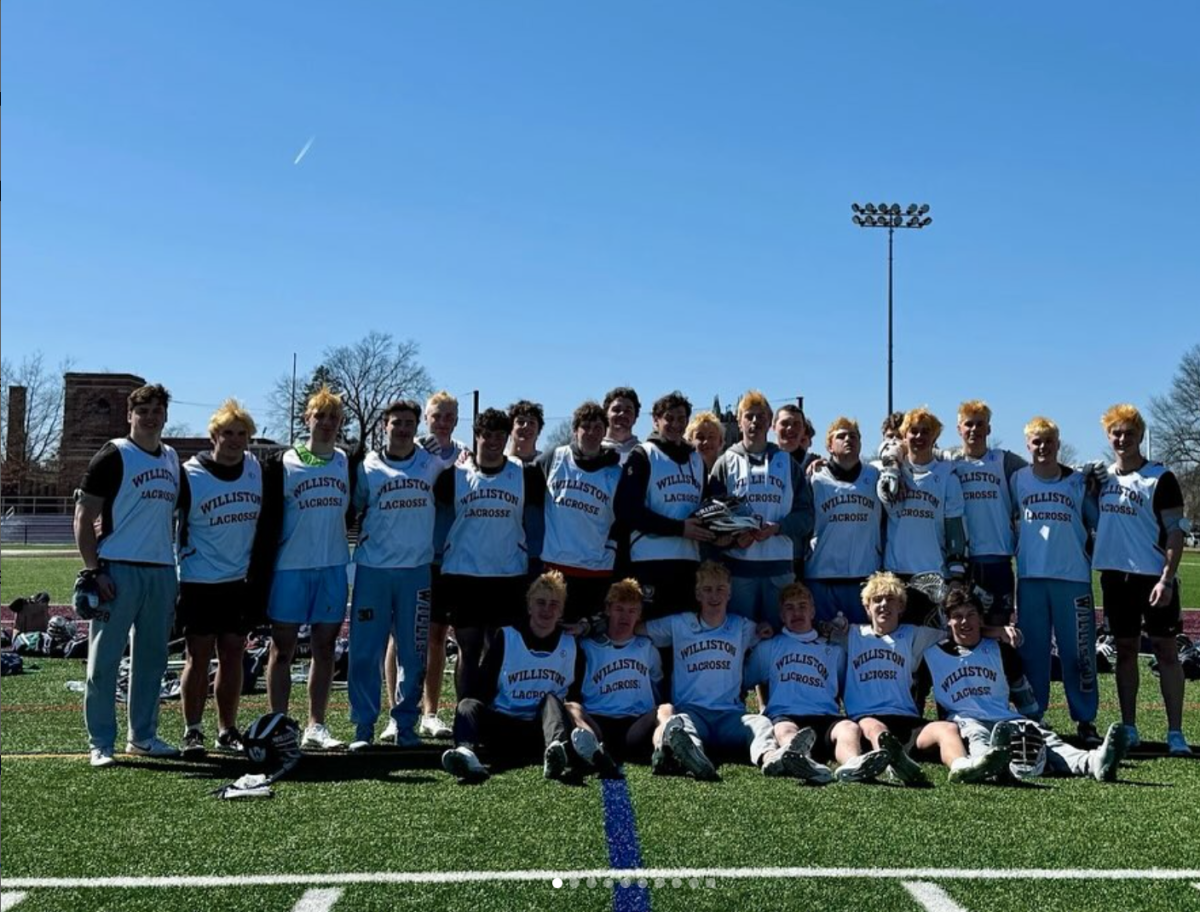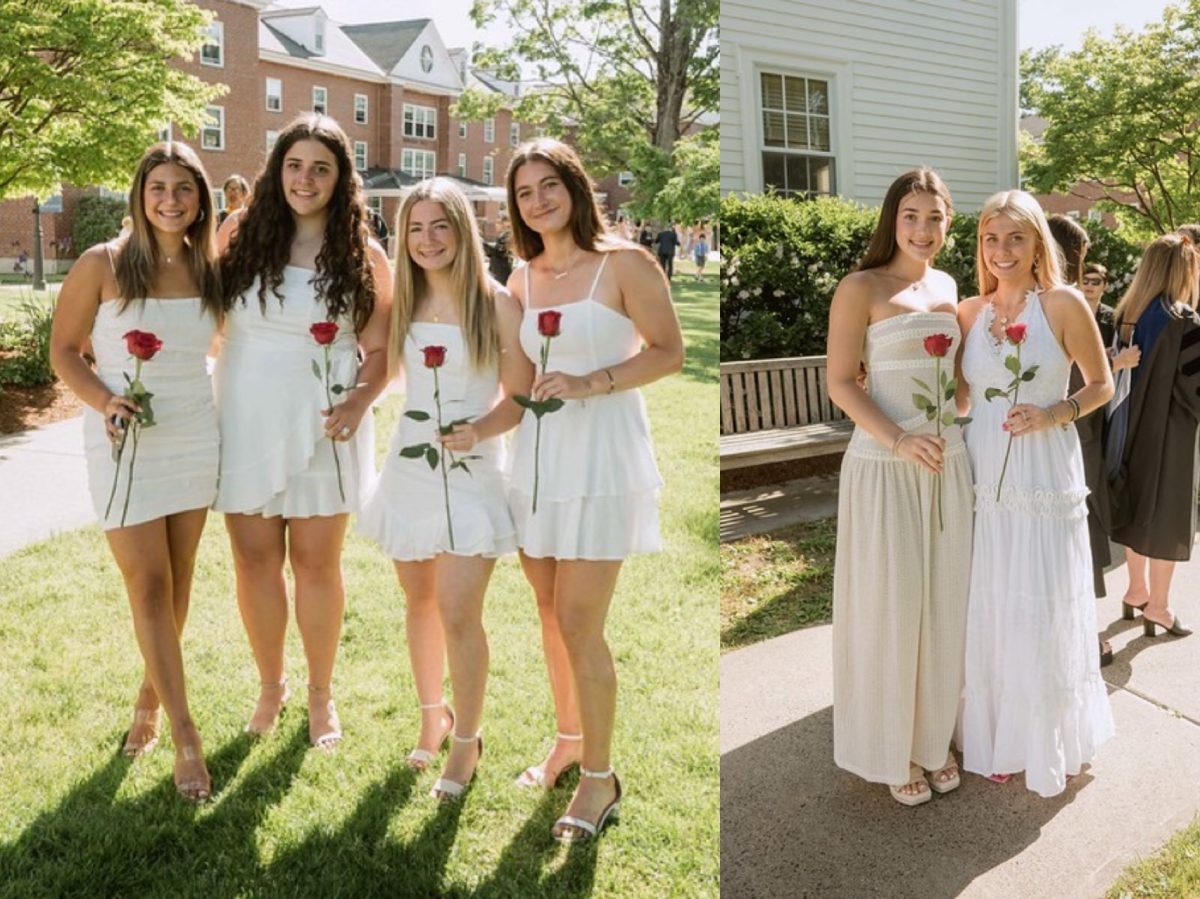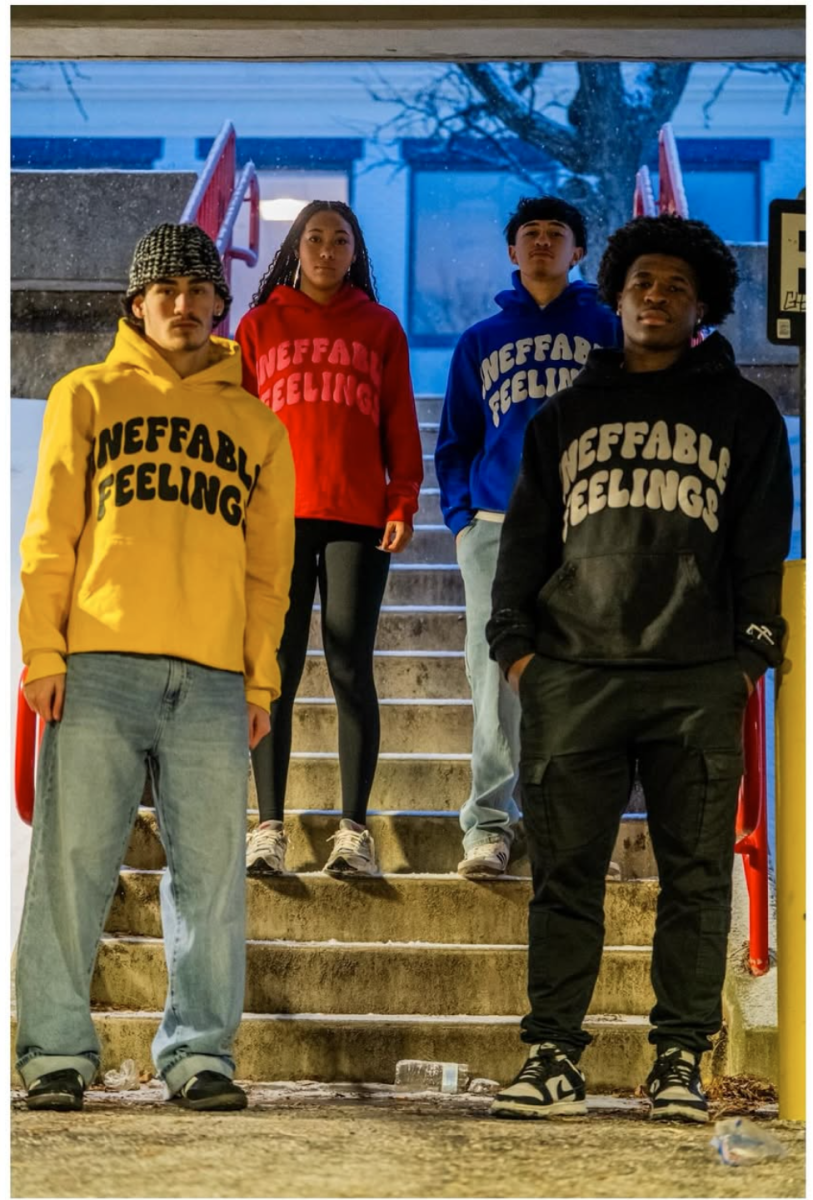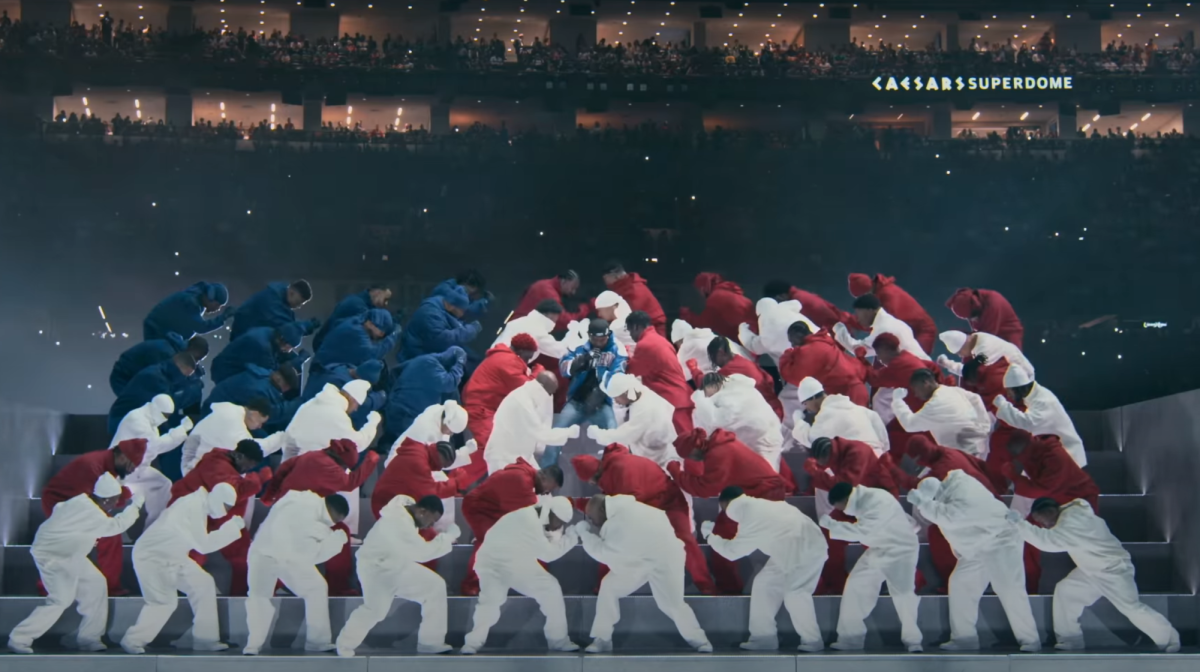It was early December 2024, and the calm, cathedral-like exterior of the building contrasted with the loud rumblings coming from the inside—noise from blaring guitars, banging drums, and an energetic, bubbling crowd.
Surrounding the building were market stands with people selling jewelry, zines, artwork, oddities, and so on; Inside, down the hallway, past the art galleries, past the ear plug dispensers was the main attraction: Queer Core Fest 2024, hosted in the historic building City Space, an art gallery and music venue right besides Antonio’s.
The Blue Room was jam packed with a mosh pit, and in the middle of it stood Issley (who only goes by his first name)—singer and bassist of band Film and Gender, “punk sweethearts” of Western Massachusetts—surrounded by the crowd as he gripped onto his bass and screamed his heart out.
After the show, I sent my dad a couple of videos I took. His response was: “Okay, you had a Queer Core festival in Easthampton Massachusetts? Really?! The place is more happening than I thought. That’s amazing! And I really can’t believe it!”
This is a common sentiment I’ve heard throughout my four years here at Williston: that there is no “scene” in Easthampton. But, just because Easthampton is small, does not mean it does not have a thriving music culture.
Jacob Fleron wrote in his 3rd issue of Potholes Magazine about Film and Gender and the Western Mass. punk scene in general: “While most coverage of the punk subculture comes out of big cities, one will find that a more true and heartfelt punk sentiment is bred in the rural valleys and hollows of small-town America … Such is the case of the punk scene of Western Massachusetts. A hidden gem overshadowed by the booming cultures of Boston and New York City, the bands and artists in Springfield, Northampton and Greenfield convey complex issues facing isolation, economic disparity, and LGBT discrimination.”
Film and Gender is one of those hidden gems. The band only has two people: Issley and Brett Forgette. They met each other in high school.
“We sat next to each other in Spanish class,” Issley said. “It’s funny, he was only in that class because he hit the wrong button on the class register website. We became friends pretty quickly and started jamming together in his basement.”
They both experimented with different instruments and music groups at first, since they “had to find a way to spend time through the Covid pandemic.” They even tried golfing for a while, but were “really bad at it,” so they decided to stick with music instead.
It was around Covid that Issley had started to get drawn to punk music, and started to play the bass often in his room. His biggest inspiration at the time was Dead Milkmen.
“Dead Milkmen had a lot of bass-driven songs, and I would try to mimic their tones. They had their strings all in weird tunings, I can’t really describe it. But for the first few months of Film and Gender, we were basically a glorified Dead Milkmen cover band,” he said.
While technically formed in 2021, Film and Gender only started playing shows in 2022, with about 20 shows that year, then 60 shows in 2023, then rapidly grown to 160-170 shows last year. They now have seven [check] tracks released on Spotify, and are steadily gaining popularity. Along with the growth of their band, their style has also evolved significantly.
“Our inspirations switched from Dead Milkmen and Falling Idols to consciousness hip hop, like more righteously angry music,” he said. “There isn’t a lot of room for righteously angry music today, especially for queer and trans people.”
Queerness and LGBTQ+ issues is another topic that came up in regards to the evolution of the band. Issley himself is transgender, and queerness is a staple of the band’s music.
“In the beginning, a lot of our music wasn’t as explicitly queer in content as it is now, especially in our first year of playing shows,” he said. “When we started Film and Gender, I didn’t think I was cis, but I definitely didn’t know I was trans. We had played 10-15 shows before I started hormones, but ever since, being trans has been a big part of our music.”
They played second during Queer Core Fest, after the performance of the show opener Space Camp, who Issley is also big fan of.
The festival brought together not just locals, but people from all around Massachusetts. Badger Castor, a high school student [what grade] who lives 30 minutes outside of Boston, travelled a couple hours just to see the show because he was a fan of the set list. I had met him because he handed me a hand-drawn zine in the mosh pit, and we stuck together for the rest of the night. Queer Core Fest was his favorite music experience of all time.
“It was the first show I really felt comfortable branching out and meeting people,” he added. “I was so warm and fuzzy about the whole experience for a whole week afterwards. The environment and people I met there laid the groundwork for me to now continue meeting folks and integrating myself into the punk scene.”
This amazing show would not have been able to happen without the amazing organizers behind CitySpace, a nonprofit organization that manages and restores the old Easthampton Town Hall as a center for the arts.
Burns Maxey, the current president of CitySpace, explained the role of the building within the Easthampton community.
“CitySpace is the organization that manages this building … We are the volunteers that help develop the initiatives that happen within the building, and that includes things like community outreach, grants, and connecting with various folks that might be interested in participating in the board itself,” she said.
CitySpace has an extensive history.
Burns explained the Samuel Williston, the founder of Williston, actually played a significant part in transforming the building. He built the Town Hall in 1869 as a Civil War memorial; the history can still be seen today with the tableau to Civil War soldiers in front of the building. Williston also established the first library of the Library Association of Easthampton, founded by his father, in the first floor of the Town Hall, and made many important impacts within the Building Committee with his business partners.
For over 130 years, the Town Hall remained a municipal building for taxes, meetings, legal procedures and much more. Later on, Easthampton community came together to transform it into a space for the arts in the early 2000s, and the named changed into CitySpace.
“Easthampton was a mill town,” Burns explains. “It was not very wealthy, and all of its neighboring communities at the time, like Northampton, Springfield, and Holyoke, had these big, beautiful buildings. But, for Easthampton, this was it,” Maxey said.
With the change, community members decided to keep the old, rustic look while also mixing it with modern elements, creating a unique artistic blend feel to the whole place, with most renovations really kicking up int he mid 2010s. Now, it is a thriving arts space with lots of events.
Zoe Fieldman, the manager of CitySpace, joined the team as of last year.
” Before I joined the team, it was just the board and volunteers that were doing everything I do. Now, me and the board work work together to book our programming in the space, but also to collaborate with and help out those who are renting the space, and I’m here to make sure that everything runs smoothly,” they said.
There are three types of programming that happens at CitySpace, Fieldman explains.
There are rentals, where artists get to rent out the space for a fee, and then it is expected that they run their own show, with CitySpace helping them with acquiring some resources and marketing outreach. Then, there are partners in performance, which is mostly concerts or theatrical events, and is more of a collaborative process between CitySpace and the artists. And CitySpace runs the ticketing, hire community folks to run the technicalities like photography and box office, tech support and so on.
The last type of programming is their Pay It Forward program, which is “sort of an artist in residency” program. Through Pay It Forward, CitySpace support artists local to Western Mass who face an access barrier in their artist careers. They mostly focus on income as an access barrier, but there is also race, sexuality, ability level and much more. CitySpace helps these artists with marketing, press release, writing, budgeting, and try to set them up for their future career in general.
Fieldman themselves benefitted from CitySpace’s programs.
“I was not the recipient of the Pay It Forward reward, but I was part of the project that they were doing, and that’s how I met CitySpace. This was back in 2023,, when I was a freshman in college,” they said.
Big Red Frame was the first long-term tenant of CitySpace, who came in the early 2000s, which hosts a gallery exhibition that changes every month. Soon after came the Easthampton City Arts Council, which hosts an art walk, which typically brings in anywhere from 100 to 300 people into the building. In the second floor, there is a space currently in renovation that used to be for performances.
The variety of events CitySpace brings in, naturally, leads to a wide demographic of visitors.
“One night it might be around 60 year olds going to jazz night, hen the next day it would be like the metal scene in Westfield or Springfield. Then we have theater too, and burlesque, and also town meetings. We also make sure that this space is available for all sorts of community gatherings, not just music events,” she said.
This is similar to other music venues in Easthampton, where there is a mix of demographics that depends on the events and artists that are performing. Marigold Theater, a building that dates back to the early 20th century but was only recently transformed into Marigold in 2022, is one of these venues.
Andrew Curran, Manager of Social Media at the Marigold, said the audiences fluctuates with the type of event.
“For the audience, we usually get middle aged locals, but we do have a mix because our programs vary a lot,” he said. “A a lot of queer events that pull in a whole other world of people, and there is a lot of people in the alt scene that come by during heavy metal night or the goth night we have every Thursday. Oh, and it gets interesting during our drag shows, or ska night.”
A lot of work goes into being able to run a successful music venue like this. There is a total of about six bartenders, three social media people, as well as more people that work at their newly opened cafe, adding up to about 20 people total. Curran is part of the social media team, where he makes most of the creative aspects like making reels and giving personality to their social media in general. Finding artists to perform is easy for him. However, marketing for newer artists can be challenging.
“I have to ask myself how to make a random band graphics that stick out. We do have a solid base that interacts with our social media for 3 years, so that makes it slightly easier,” Curran said.
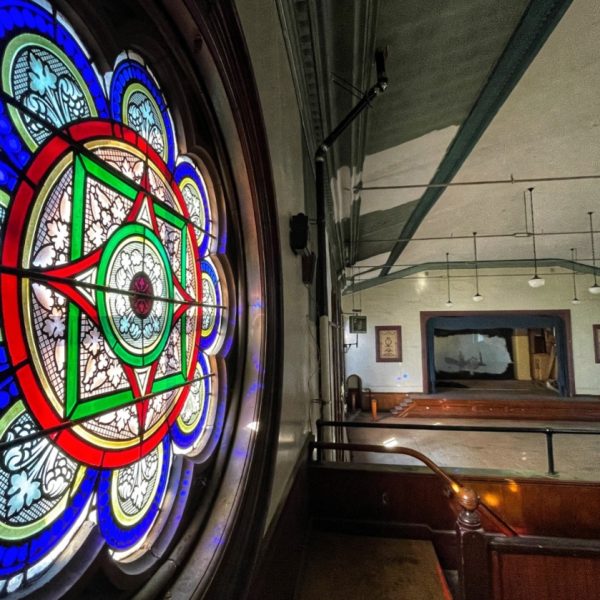
Another part of the Easthampton music community is Dave Witthaus, the owner of Platterpus Records right besides the bridge over the pond on Cottage Street. He started out with a shop in Westfield for around three decades, then moved to Easthampton about 15 years ago. Now, he exclusively sells used records and CDs.
“Everything is different now,” Witthaus said. “By the end of 1999, the record companies had made it. Then, of course, around 2004, everything died. No one bought CDs, no one bought vinyl. Nobody’s buying anything. I survived on basically selling posters and t shirts. 2004 is when digital became really more prevalent, and then everybody started to have high speed internet and could download stuff quick.”
Witthaus is surprised that he still sees young people come around to buy vinyl today.
“There are old people like me who’ve never gave up their turntables,” he said. “Then there are kids who are getting into vinyl. If you told me 20 years ago I’d be selling vinyl again. I would have said you’re crazy, right? But I think people have realized that, first of all, it does sound better than a download, just about anything sounds better than a download, but it’s also something you own physically, and that has value.”
He started his own record store because he used to work at a record company, but hated just sitting at a desk 24/7 because of the white-collar job nature. Owning his own record store allows him to have a more interactive and interesting environment.
Usually the shop gets busy around holidays, summer, and whenever he gets a good new collection of records.
“If I get in a great collection of records, it becomes super busy, so for example, right after Christmas it’s a little slow cause the selection isn’t spectacular. You just get used to it. Summertime it’s fairly busy because you’ve got people walking up and down the street going to Mount Tom’s ice cream, right? But then, there’s some people that will see the store after 42 years in business and go, ‘Wow, I never knew you were here!’ My marketing skills must be wonderful,” he said.
Personally, he likes the blues, and his favorite concert that he has ever been to was Robert Palmer, with Muddy Waters as the opener.
Witthaus is currently 68. He says that he has no concrete plans about his retirement, and that he’ll just go with the flow for the foreseeable future.
“When I started in the store back in ‘82, I thought I would do it until I was about 40, and then I would get a job at a record company as a sales rep or promotion guy,” he said. “But by the time I hit around 40s, the record companies started to disappear, so I went I guess I gotta keep doing this. I’m just gonna do it till I retire, or sell it.”



